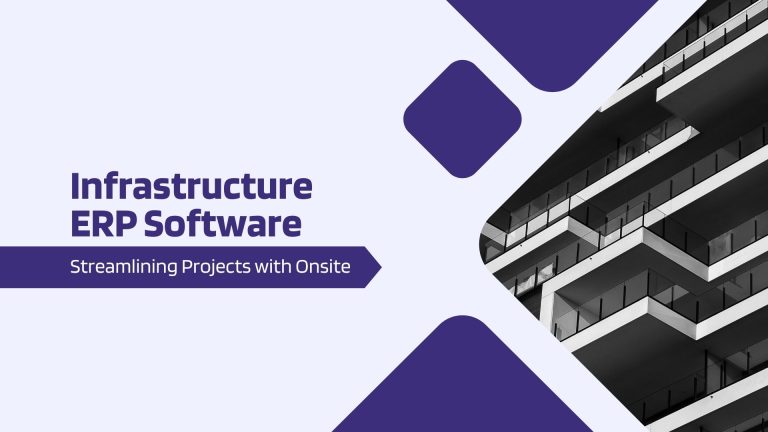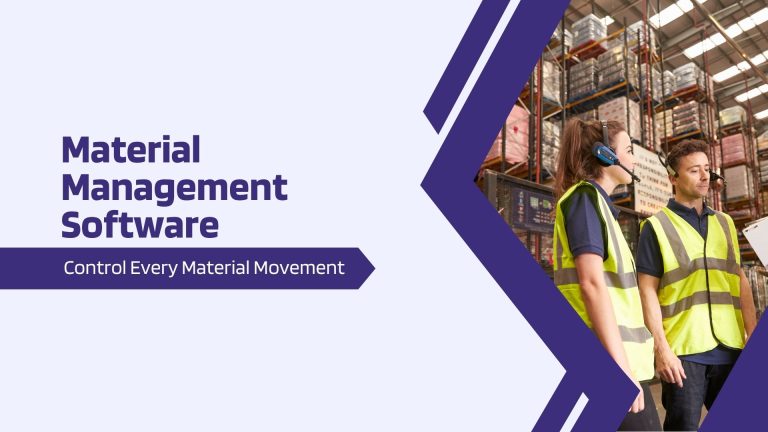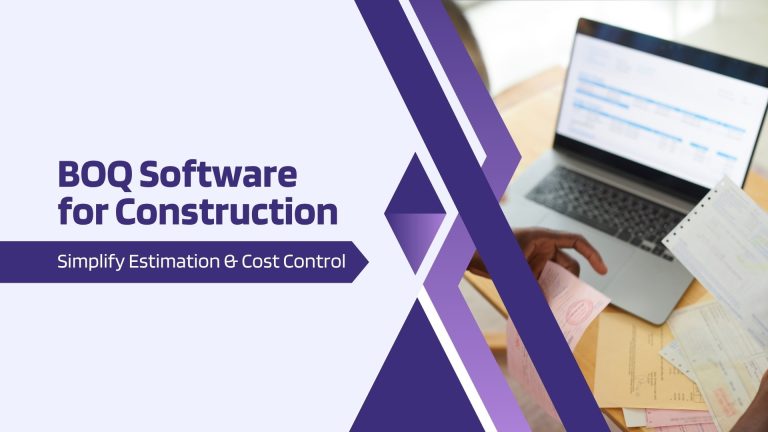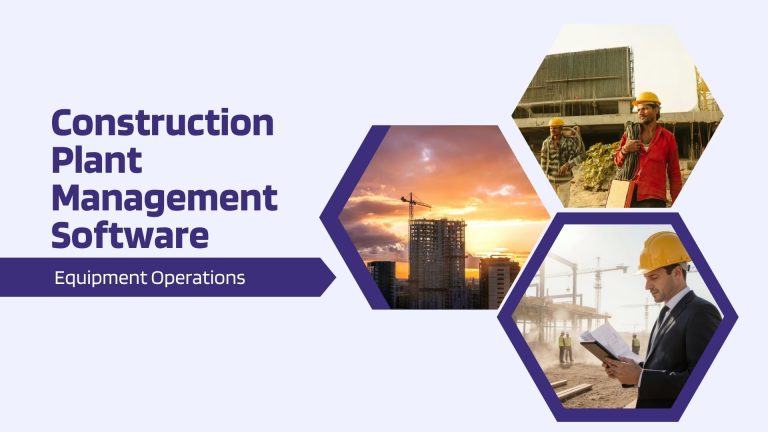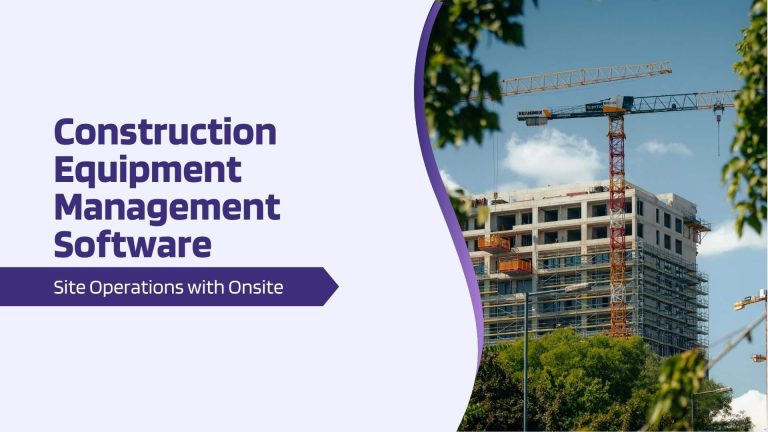Work Hours
Monday to Friday: 7AM - 7PM
Weekend: 10AM - 5PM
Why is Software for Civil Contractors Needed?

Civil contractors work on some of the most difficult projects in construction, such as roads, bridges, highways, drainage systems, and big infrastructure projects. There are a lot of teams, heavy machinery, raw materials, severe deadlines, and a lot of money involved in these projects. When you use spreadsheets or do things by hand to keep track of all these moving pieces, you often make mistakes, take too long, or go over budget. Want to manage all of it effortlessly? Software for Civil Contractors is the solution. Let’s get to know more.
Key Benefits of Software for Civil Contractors
1. Project Planning and Scheduling
Delays are common in a construction project, but delays are costly which results in cost overrun. Considering every factor beforehand while starting a construction project is necessary and Software for Civil Contractors helps in planning and scheduling projects more efficiently. It helps in tracking the timelines, managing resources, and forecasting potential issues. Using Software for Civil Contractors in construction project management helps in effective planning and scheduling to save you from future mishaps.
2. Material Management
To be sure that materials are procured, tracked and utilized efficiently, it is necessary that there is good material management. You can manage materials profoundly with good construction management software. Some of the important components this feature should have are tracking & generating POs, tracking inventory, party-wise report, approving material request, managing warehouse, and keeping track of used & current stock. A Software for Civil Contractors like Onsite has all of it for you. For billing management, you can easily download reports of the progress and the bill of material being used in a particular work order. Forget manual calculations. Onsite auto-calculates bills based on completed work and tracks any material or labor deductions transparently.
3. Financial Management
Keeping track of expenses is one of the most essential features a project management software should have. This is the area where most of the errors happen, and this is where anyone cannot afford to have any error. A software is good when it has effortless management of all the finances. Within that software you should be able to generate material purchase orders where you can keep track of finances in a particular order. Monitoring expenses, vendor payments, and client bills is easier with software. Contractors gain better visibility into cash flow and can avoid disputes through transparent records.
4. Workforce Management
Labour management is a critical component of construction site management software. It ensures that your construction projects have the right people with the right skills in the right place. With good software, you can track, manage and pay labor effortlessly. Some of the important components this feature should have are: tracking of salary & attendance, tracking labor shift, tracking labor expense, generation of PDF Reports, and Automated Salary Calculation.
5. Equipment Management
In construction, we track materials and labor but forget the machines doing the real heavy lifting. Whether it’s an excavator parked for hours or a mixer that vanished between sites, unmanaged equipment quietly eats into your profits. Construction Equipment Management Software helps you change that. Track where your machines are, how they’re being used, and when they need maintenance.
Conclusion
Civil contractors can’t afford to use old methods to manage projects in the fast-paced world of construction nowadays. There is a lot of paperwork to do, resources are tight, and tiny delays can quickly turn into big problems that cost a lot of money. That’s when the appropriate software really matters. Onsite gives contractors a simple but powerful platform that makes planning easier, keeps finances open, and gives them full control over resources, all in one spot. Onsite is made for contractors who want to work smarter, not harder.
FAQs
1. Why do civil contractors need software?
Civil projects like highways, bridges, and drainage systems involve multiple teams, heavy equipment, raw materials, and strict deadlines. Managing all of this manually often leads to mistakes, delays, and budget overruns. Software helps streamline everything in one place.
2. How does software help with project planning?
It allows contractors to schedule tasks, track timelines, allocate resources, and identify risks before they turn into problems. This reduces delays and keeps projects on budget.
3. Can software really improve material management?
Yes. Good construction software tracks purchase orders, monitors stock in warehouses, records usage at sites, and even auto-generates reports. This ensures materials are always available when needed without wastage or over-ordering.
4. What about managing finances?
Software gives contractors a clear view of expenses, vendor payments, and client billing. It auto-calculates bills, reduces human errors, and helps maintain accurate financial records, which avoids disputes.
5. How does it support workforce management?
Labour attendance, shifts, salary, and expenses can all be tracked in real-time. Automated salary calculations and detailed reports save time while ensuring workers are paid correctly.

